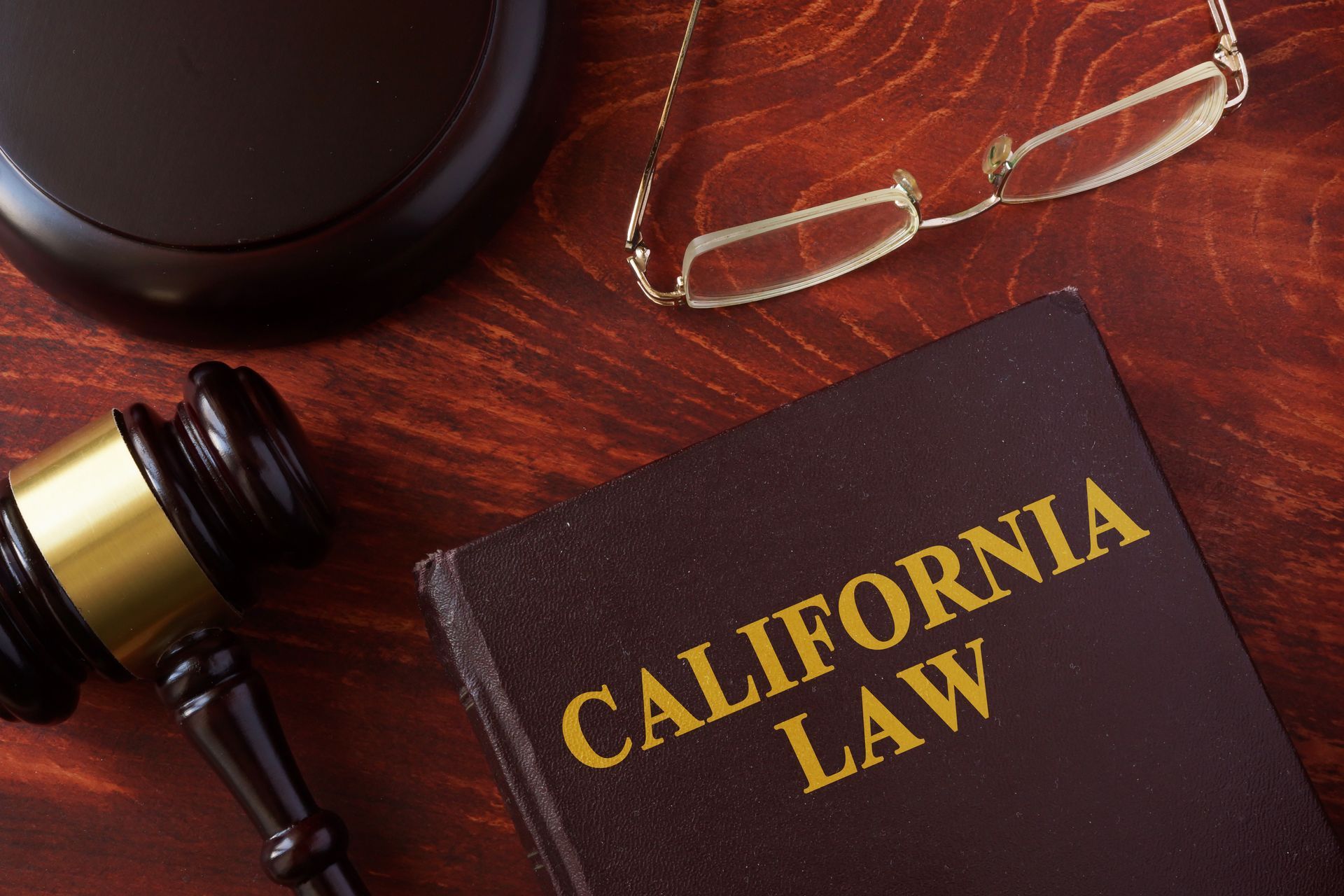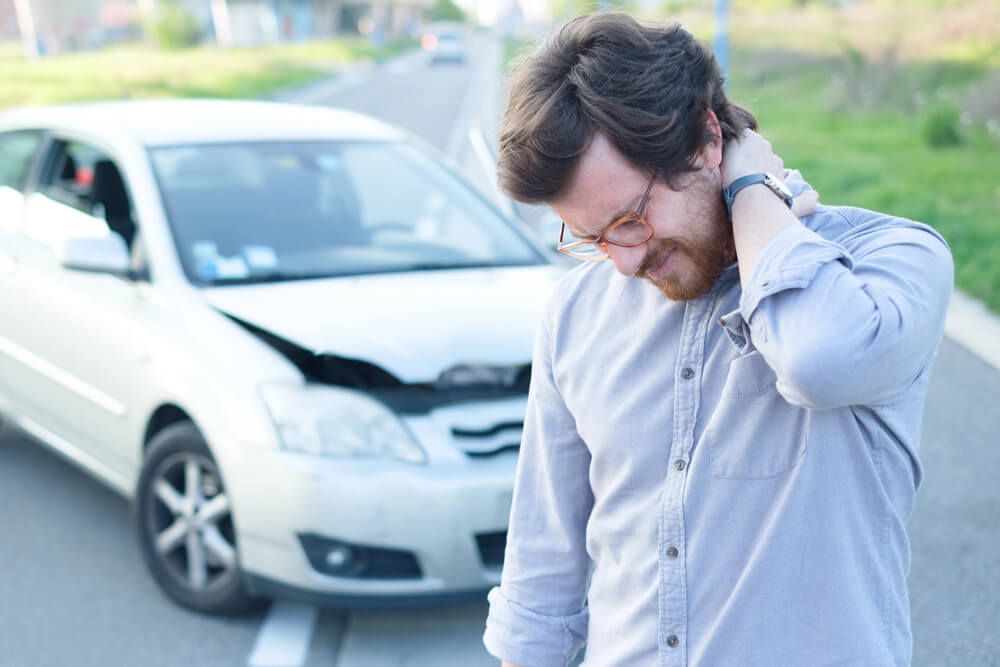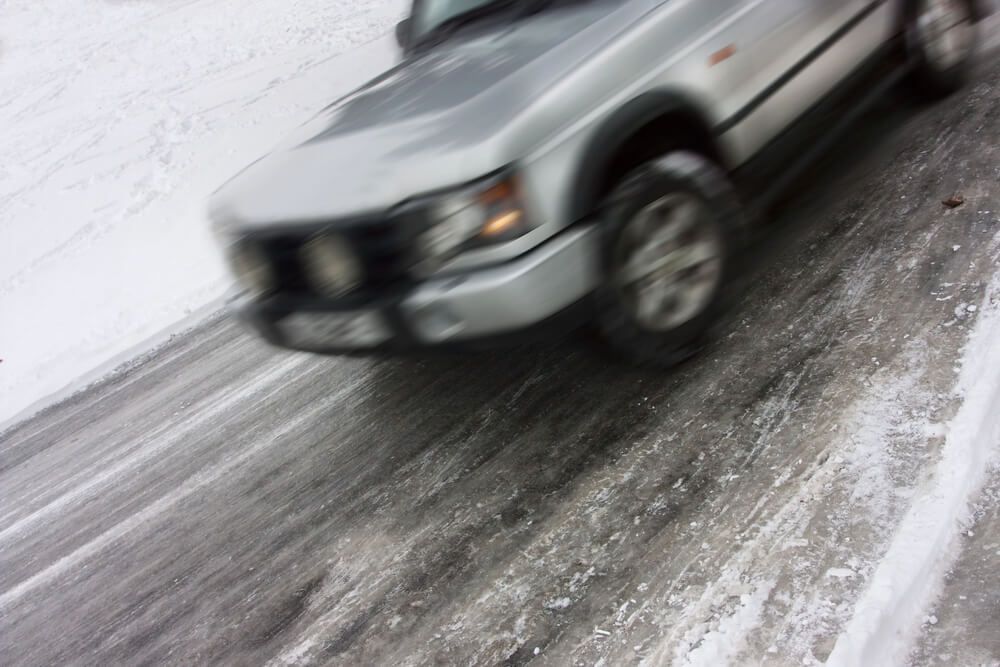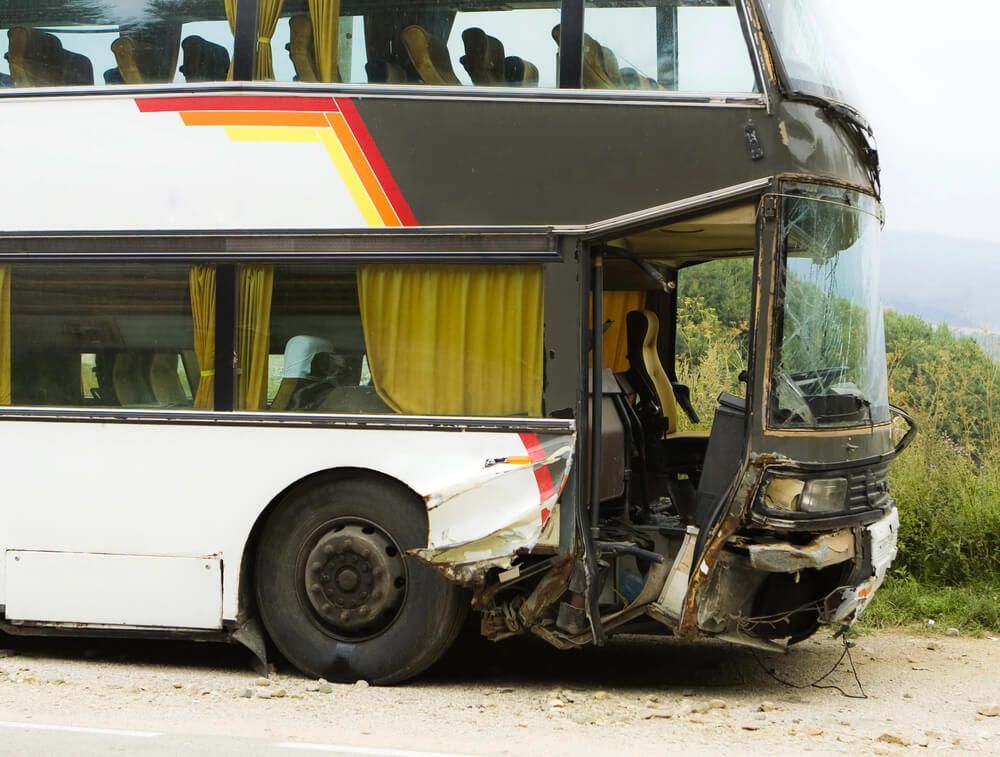10 Weird Laws in California (That Somehow Still Exist)
Recent Blog Posts
10 Weird Laws in California (That Somehow Still Exist)

California is known for progressive statutes, high-tech innovation, and a dose of legislative drama. But hidden in the codebooks—and in various municipal ordinances—are some truly strange, surprising, or antiquated laws. Some are relics of bygone eras, others reflect local quirks, and a few may even still be enforceable (though rarely). Below are 10 weird laws in California to amuse, intrigue, and remind us that legal codes sometimes outlive their common sense.
Disclaimer: This post is for curiosity and entertainment. Inclusion of a law here does not imply it is actively enforced or that legal consequences are likely. Always consult a qualified attorney in your jurisdiction for current law enforcement.
1. Women may not drive in a housecoat
Believe it or not, one law often cited in California lore holds that a woman may not operate a car while wearing a housecoat. This is almost certainly a vestige of 19th- or early 20th-century morality laws, and to our knowledge it is not enforced today. Nevertheless, it makes for a curious footnote in California’s legal oddities.
2. A driverless vehicle (no human at wheel) cannot exceed 60 mph
Under California law, an autonomous vehicle—or a vehicle operating without someone in the driver’s seat—may not go faster than 60 miles per hour. This is likely a safety limitation baked in when drafting rules around emerging self-driving technology.
3. Peacocks have the right of way (Arcadia)
In the city of Arcadia, peacocks are given the legal “right of way” on streets and driveways. Arcadia has a well-known population of roaming peacocks, and this ordinance helps protect them (and cars) from collisions.
4. Detonating a nuclear device in city limits (Chico)
In Chico, California, local law punishes detonating a nuclear device within city limits. The fine allegedly is $500. Yes, $500 for a nuclear device—clearly more symbolic than functional in the modern era.
5. Sunshine is guaranteed
One weird California regulation (often attributed to historical “sunlight protection” laws) claims to guarantee sunshine to properties. The idea is to prevent construction that entirely blocked a neighbor’s sunlight. It’s more of a planning/land-use relic than a criminal statute.
6. It’s illegal to lick a toad (Los Angeles)
In Los Angeles, an ordinance prohibits licking toads. This was presumably enacted to deter people from ingesting hallucinogenic secretions from certain toads.
7. Zoot suits are banned (Los Angeles County)
In Los Angeles County, wearing a zoot suit is—or was—prohibited. This law emerged historically around the time of the Zoot Suit Riots of the 1940s. It’s an odd tie between fashion and legal control.
8. No riding a bicycle in a swimming pool
In Baldwin Park, California, local ordinance forbids riding a bicycle in a swimming pool. It’s hard to imagine how frequently this is an issue—but the law persists.
9. No washing your neighbor’s car without permission (Los Angeles)
In Los Angeles, it is illegal to wash someone else’s car without their consent. This might be intended to prevent unauthorized services, disputes over water use, or property claims.
10. Frog‐jumping contests: dead frogs must be destroyed (not eaten)
Under California health law (often tied to fair contests), if a frog dies in a frog-jumping contest, it may not be eaten and instead must be destroyed immediately. This likely stems from early public health concerns around consuming injured animals after contests.





